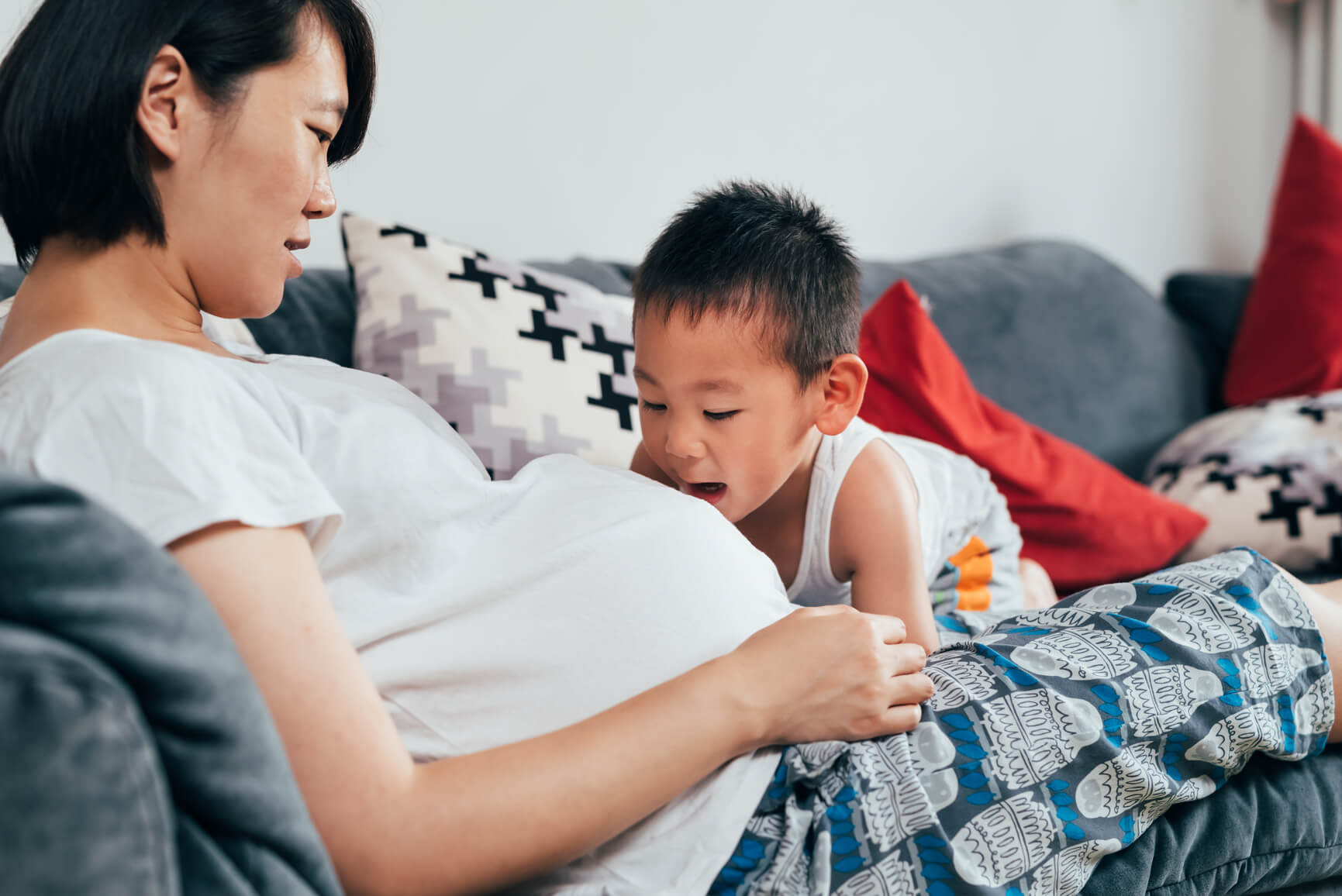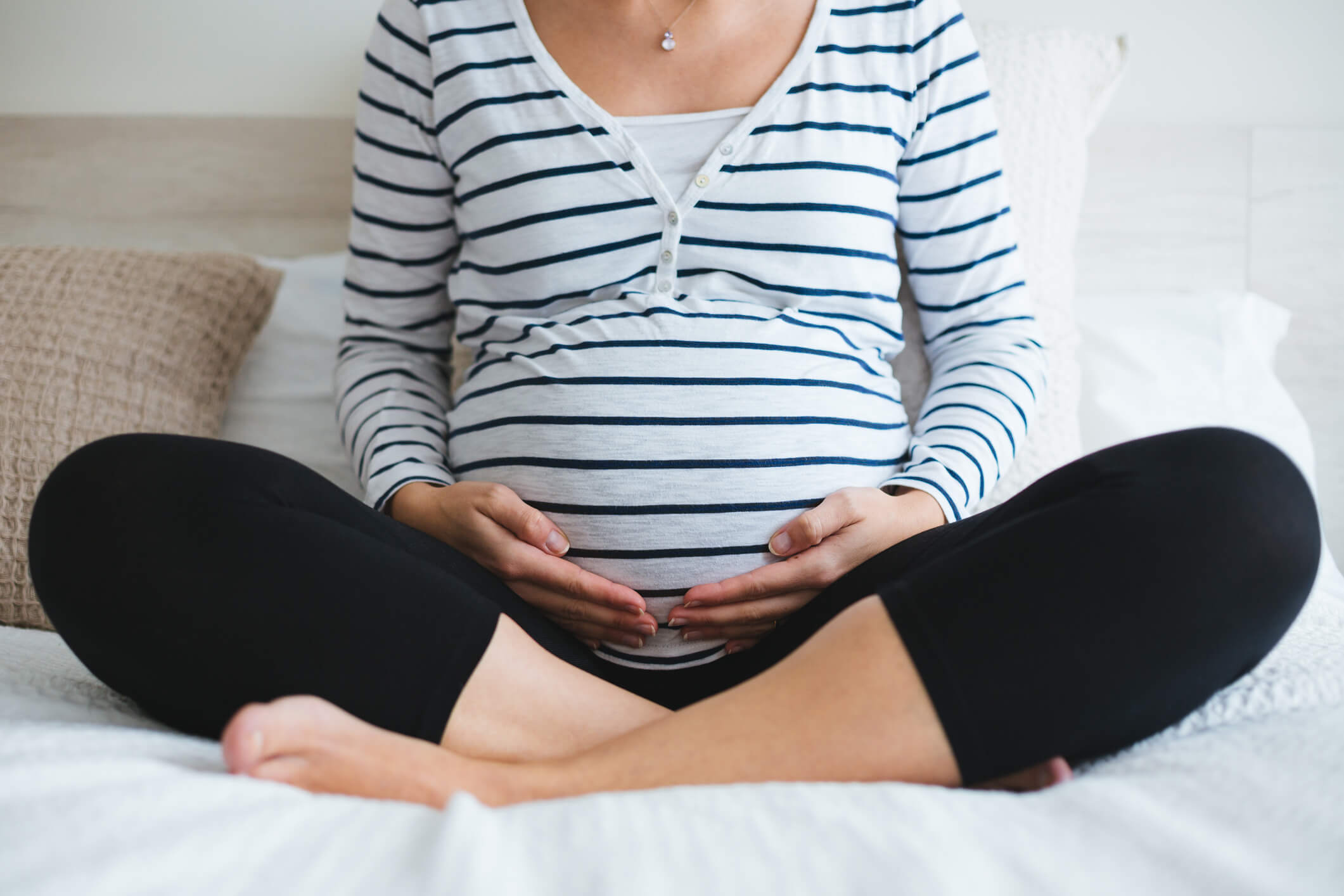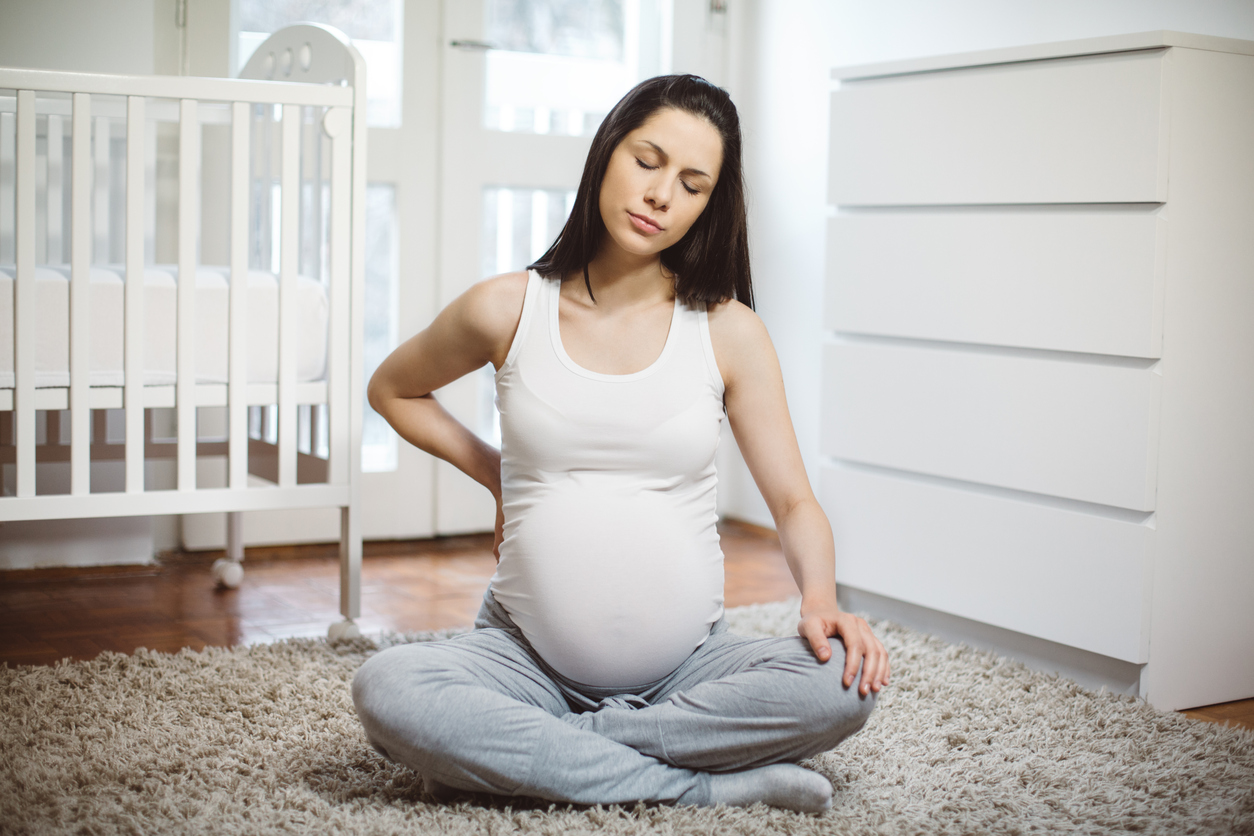Both uncomfortable and embarrassing at the best of times, constipation is one of the least discussed health issues related to pregnancy. But with over 40% of pregnant women suffering from constipation at some point during pregnancy, it’s time to lift the lid on constipation and how to relieve it.
Why is constipation common during pregnancy?
An increase in progesterone during pregnancy slows down the muscles in the bowl which can cause constipation in some women. Other medicines taken during pregnancy can also make your constipation worse including those prescribed to treat heartburn, nausea and iron deficiency amongst others.
According to The Department of Health, constipation involves infrequent, incomplete and difficult bowel movements which can cause abdominal pain and bloating. So if you’re suffering, don’t hesitate to speak up! Your doctor may be able to recommend you medications or supplements that could help get things moving again.
Is it harmful for my baby?
It's pretty uncomfortable, but the good news is it’s not harmful to your baby. However, that’s not a reason to try and just put up with being constipated. Haemorrhoids are an unpleasant side effect of constipation and it can also put strain on your pelvic floor so it’s best to get it sorted!
What can I do?
Whilst your doctor may be able to recommend medication, there are several things you can do at home in order to relieve the symptoms of constipation
Drink plenty of water
Great for your overall health, making sure you’re hydrated has the added benefit of easing your bowel movements.
Get your fibre
Fibre – rich foods are great for helping you eliminate waste. Make sure you’re getting plenty of the following:
- fresh fruit and veg
- wholemeal bread
- wholemeal breakfast cereals
- dried fruits
- nuts
- legumes
Get on your feet
When you’re pregnant, exercising might be the last thing you want to do. It’s normal to feel tired, experience heartburn and have difficulty sleeping – none of which make you feel inclined to get down the gym. However just getting in some gentle physical exercise could help relieve your symptoms. Try going for a walk or a swim and reap the benefits.
See your doctor
If these strategies do not help, your doctor may be able to recommend medication. Always make sure you consult a health professional and do not self-medicate with over the counter laxatives. Laxative misuse can cause un-wanted side effects so it’s better to be safe than sorry.
Is your family growing?
Discover useful information about planning for a baby, managing the postpartum period and the transition into parenthood - including care and birth options, pregnancy health cover and costs, fertility and IVF, tips from medical professionals and more.







